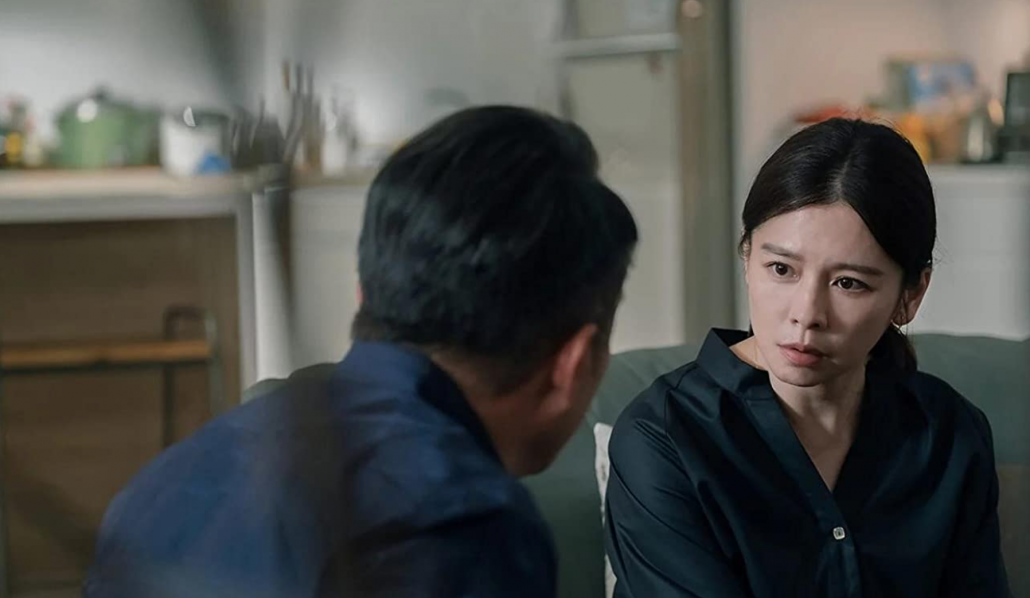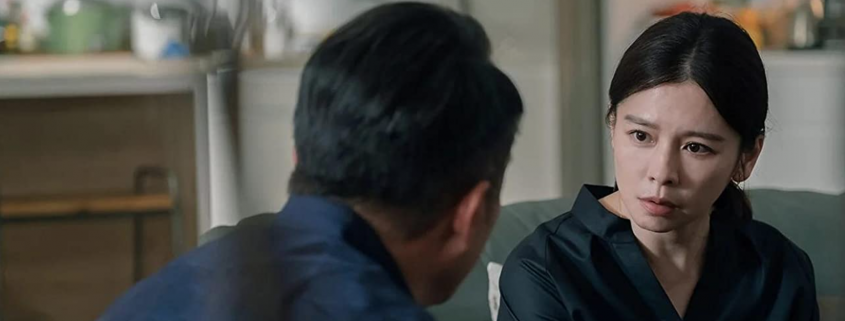REVIEW: ‘Little Big Women’ explores the expectations and gender roles within a Taiwanese family

There’s almost always one thing mainstream films have in common: they are a reflection of cultural values. And in a culture that’s heavily influenced by the importance of family loyalty, Taiwanese award-winning melodrama “Little Big Women” is no exception.
The Joseph Chen-Chieh Hsu-directed film revolves around the women of the Lin family in a series of present-day and flashback sequences. As their estranged father (Chen Bo Chang, played by Lung Shao Hua) passes away, the situation begins to unravel not only his cluttered legacy but also a Pandora’s box of tightly-sealed family secrets.
The story is primarily focused on the life of Lin Shoying (Shu-Fang Chen), a stoic, elderly woman who authoritatively carries us through the world of the Lin family. Her relationships with each character, especially her three daughters and granddaughter, simultaneously breathe nuanced life and heavy reality into the story as she copes with the resentment and loss of her husband. Chen masterfully carries this matriarch position, capturing the subtleties of Taiwanese family culture — in all of its secretive scandals, guilt-ridden promises and undying resentment and devotion.
However, Chen’s performance is not without the support of a strong cast. Golden Horse-award-winning actress Hsieh Ying-xuan and Taiwanese singer Vivian Hsu play Qing and Yu, respectively – two Lin sisters who, despite growing up under similar familial hardship, have forgone opposite paths to cope with their father’s absence. Sun Ke-fang plays their youngest sister, Jia Jia: a well-intentioned, naive caretaker for Shoying who’s only wanted a relationship with her father. Adding in Buffy Chen, who plays Yu’s optimistic daughter Clementine, creates a multi-generational facet to the family dynamic that many East-Asian grandchildren will relate to.
The film opens with the preparation of Shoying’s 70th birthday party, with Jia Jia planning it at the family restaurant. However, everything comes to a halt when Jia Jia receives the news that her father is dying in the hospital. After his passing, a scene around his coffin quickly unravels each family member’s relationship with him: Jia Jia crying mournfully, Shoying scornfully looking on, Yu leaping into crisis mode about the birthday dinner and Clementine realizing she had a grandfather for the first time. Now expected to remain at their father’s memorial altar until his funeral, the Lin women begin uncovering the life their estranged father left behind him, ridden with mistresses, mistakes and reckless partying.
Another aspect to note is how the film’s cinematography artistically navigates the intricate ins and outs of the Lin family’s life in Tainan, Taiwan. From serene garden shots to the animatic neon lights of the city, viewers are placed right into the lives of the Lin women, as we see their day-to-day struggles, coping mechanisms and the lasting impact their father has had in their lives. Even without verbal expression, Hsu’s filmmaking clearly captures what’s important to each character: Shoying’s cooking, Jia Jia’s friendship with her father’s mistress, Qing’s careless stumbling over her coast-side rocks. The Lin family relationships also reflect many traditional Taiwanese family dynamics, from the overachiever vs rebellious sibling to the secretive, resentful yet devotional nature of traditional Taiwanese wives to their mistreating husbands.
I feel it’s important to recognize that this film was not made under the traditional Western-film mold. Opposed to the high-action conflict-climax-resolution Western story structure, “Little Big Women” was made through the lens of Taiwanese family culture, emphasizing the complex relationships and struggles within the Lin family. And it’s for that reason it’s beautiful to watch. The family’s bickering over generalized assumptions about each other is what gives satisfaction to their ultimate acceptance and bonding. Shoying’s long-held grudges and traditional values on saving face are what make her climactic emotional confrontations so rewarding. While one can notice and appreciate all of the cultural subtleties they recognize within their own Taiwanese families, you could also make a comparison of your watching “Little Big Women” to your immigrant grandmother’s watching of “Kramer vs. Kramer.”
Nonetheless, “Little Big Women” effectively executes what it wants to. With the exception of several vague, slightly boring scenes, the relationships are generally gripping and gritty. With the aid of carefully-planned dialogues and masterfully-acted performances, the character arcs unfold in deliberate rhythm, slowly building up until they’re well-positioned for satisfying resolutions. While it wouldn’t be my first recommendation for a movie night with my U.S. college friends, “Little Big Women” does something incredibly special, as I’m brought right back to my grandma’s living room, watching her favorite Taiwanese soapy dramas that, time and time again, demonstrate the importance of family loyalty.

